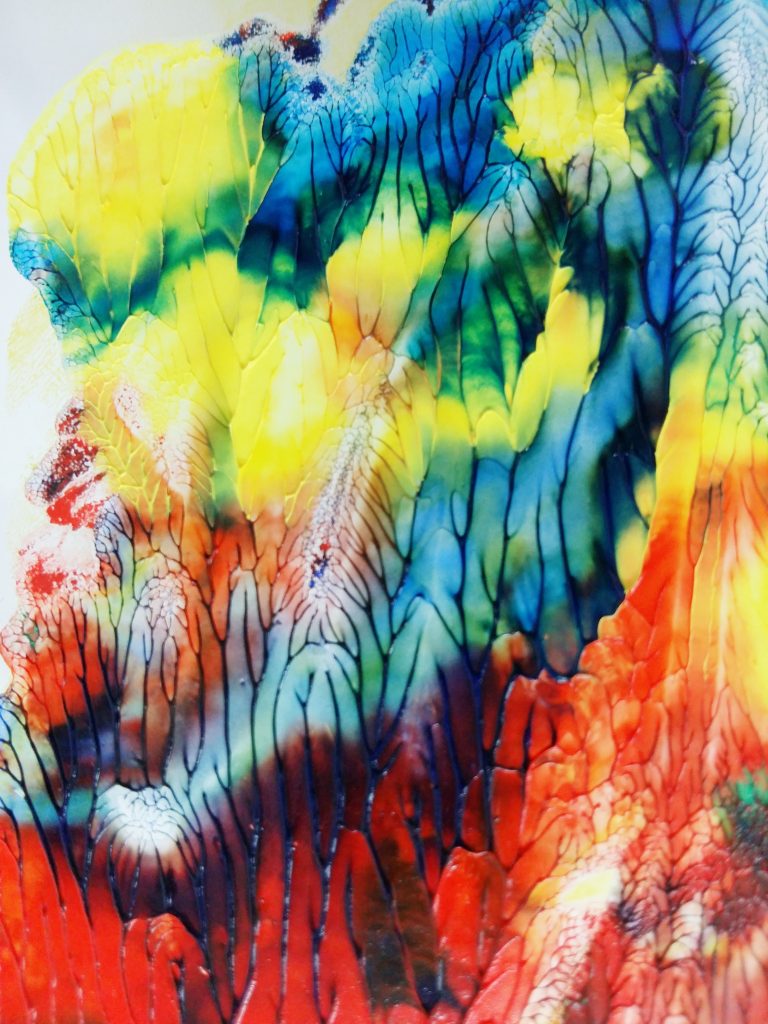
Yes or not? From the Series Post-truth
28 x 21 cm, Engraved with oil on acetate paper, 2017.

Emotions. From the Series Post-truth.
28 x 21 cm, Engraved with oil on acetate paper, 2017.
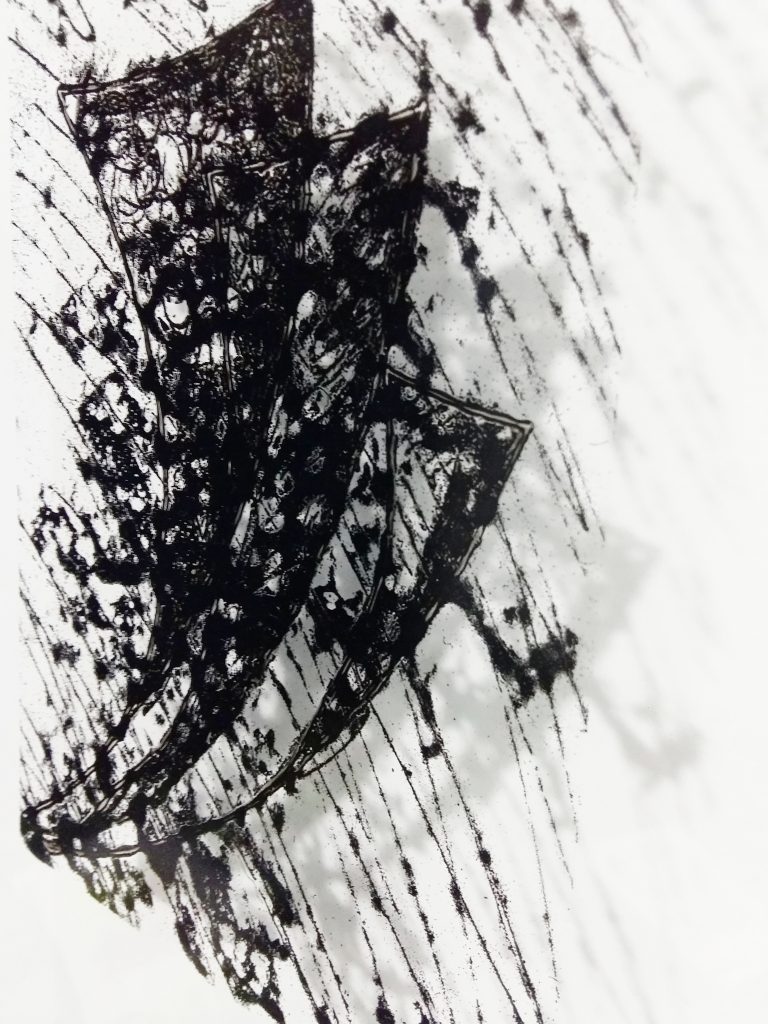
¡Oh bendito pueblo! From the Series Post-truth.
28 x 21 cm, Engraved with lithographic ink on acetate paper, 2017.
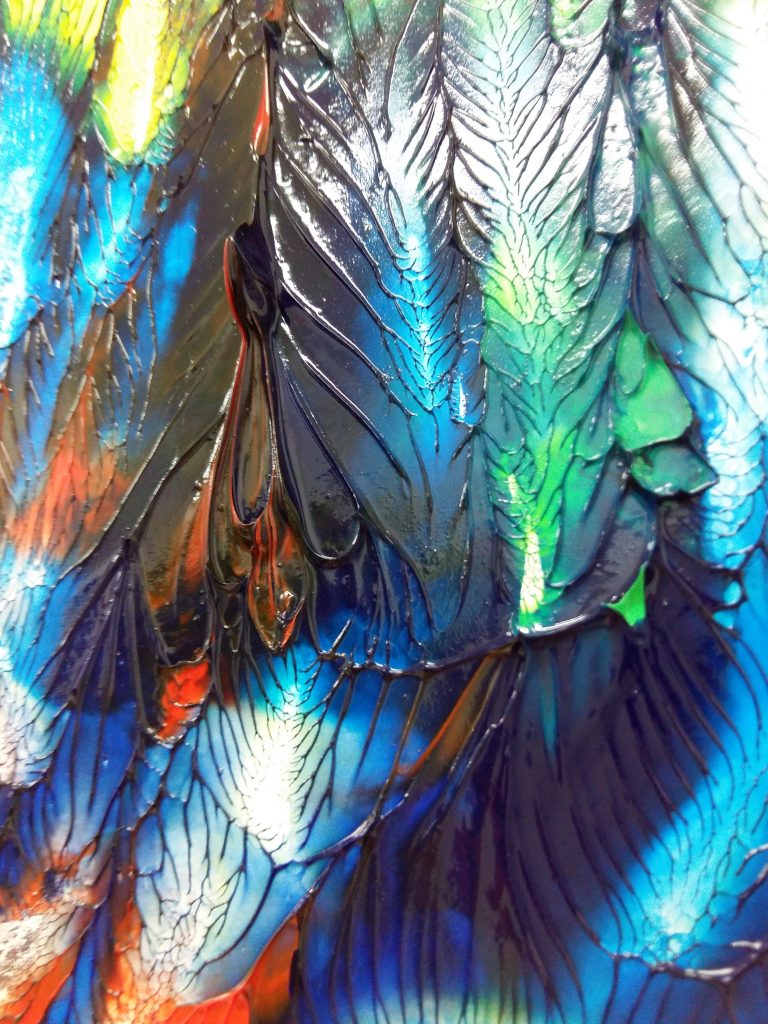
Lie? From the Series Post-truth
28 x 21 cm, Engraved with oil on acetate paper, 2017.
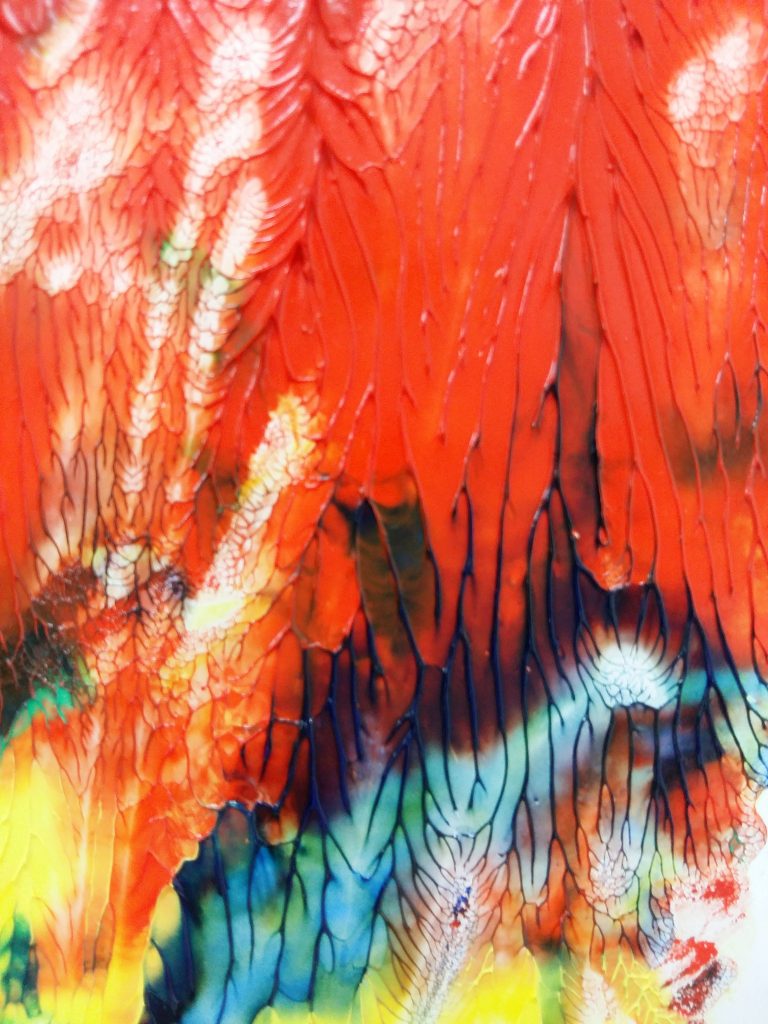
Truth, fiction, Post-truth. From the Series Post-truth.
28 x 21 cm, Engraved with oil on acetate paper, 2017.
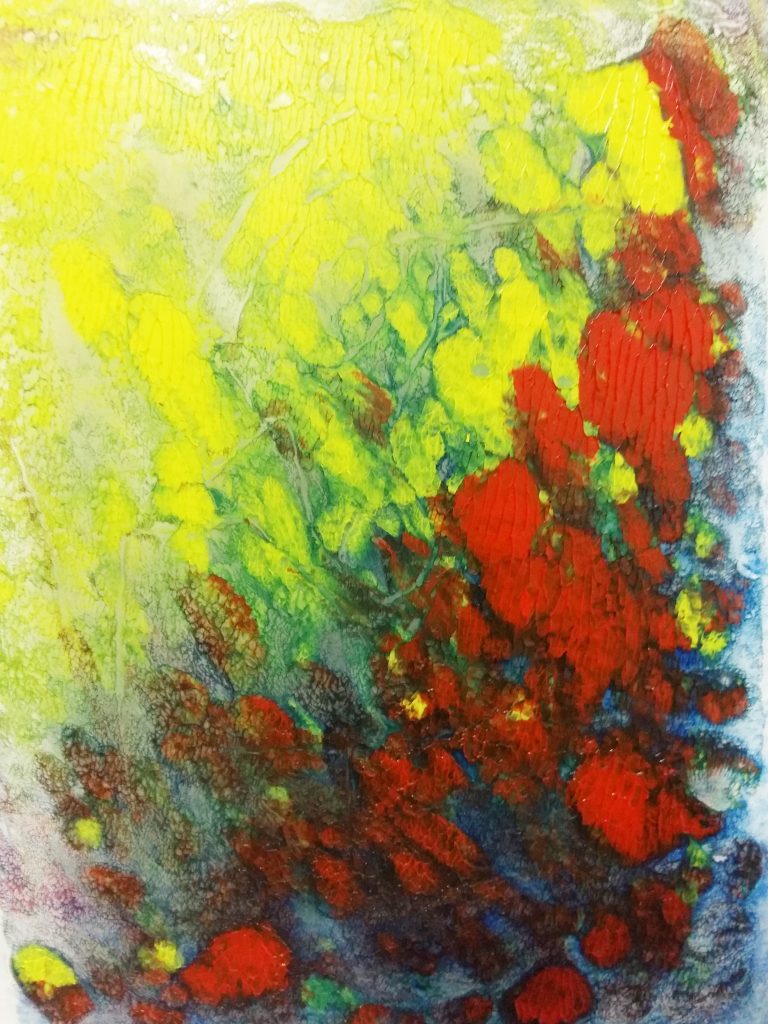
Colombians. From the Series Post-truth.
28 x 21 cm, Engraved with oil on acetate paper, 2017.
POS-TRUTH
Is a political culture in which debate is framed largely by appeals to emotion disconnected from the details of policy, and by the repeated assertion of talking points to which factual rebuttals are ignored. Post-truth differs from traditional contesting and falsifying of facts by relegating facts and expert opinions to be of secondary importance relative to appeal to emotion. While this has been described as a contemporary problem, some observers have described it as a long-standing part of political life that was less notable before the advent of the Internet and related social changes.
As of 2018 political commentators have identified post-truth politics as ascendant in many nations, notably the United States, India, the United Kingdom, Russia, and Brazil, among others. As with other areas of debate, this is being driven by a combination of the 24-hour news cycle, false balance in news reporting, and the increasing ubiquity of social media. In 2016, post-truth was chosen as the Oxford Dictionaries’ Word of the Year, due to its prevalence in the context of that year’s Brexit referendum and media coverage of the U.S. presidential election.
The Series Pos-Truth born to make a critic about the actuallicy political system, and intends to make a call to the people about false news and acts of lies.